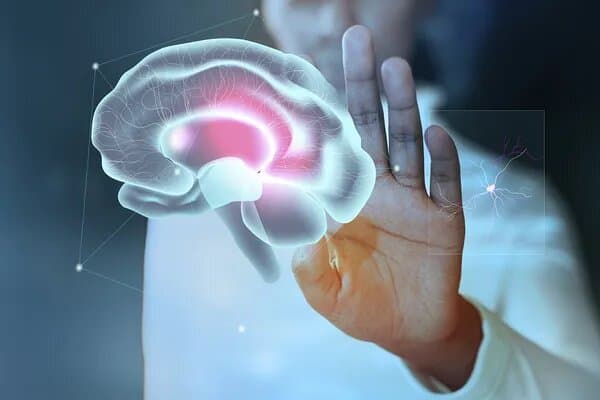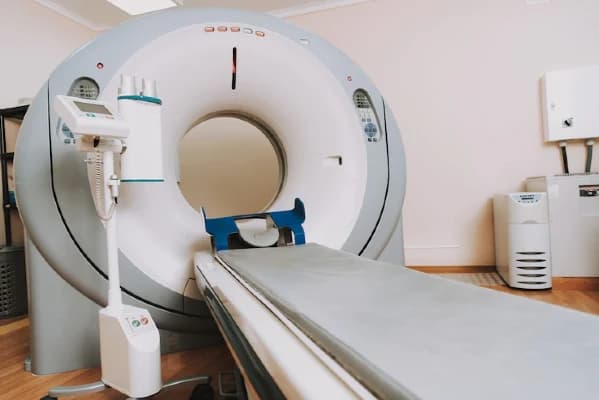Blood Clot in Brain: Tests to Detect Clots, Symptoms, Causes

Medically Reviewed By
Dr. Ragiinii Sharma
Written By Dr Divya Rohra
on Mar 24, 2022
Last Edit Made By Dr Divya Rohra
on Mar 18, 2024

Our brain is one of the most complex organs in the human body that controls a variety of functions including emotions, memory, motor skills, touch, breathing, vision, hunger, and temperature. The presence of blood clots in the brain can affect all the vital functions of the brain in turn affecting the whole body. Blood clots in the brain often cause a stroke, which can be a ministroke or a more severe condition leading to death. In this article, take a look at the tests available for diagnosing brain blood clots, symptoms of blood clots present in the brain, their causes, and risk factors.

[wptb id=7113]
In this Article
Tests to Detect Clots
According to sources, there are various tests that can be done to diagnose and confirm the presence of blood clots in your brain.
These tests include:
- Physical examination
- Checking blood pressure
- Observing the heartbeat rate
- Testing hand and eye coordination
- Blood tests: Blood tests are done to evaluate the levels of electrolytes and platelets present in your blood.
- CT scan: CT scan of the head is used as a confirmation tool for the presence of blood clots in your brain.
- Ultrasound: The ultrasound is used to obtain a more clear image of your arteries, veins, and blood flow.
- Magnetic Resonance Angiography (MRA) is a test similar to magnetic resonance imaging (MRI) that specifically focuses on the blood vessels.
- V/Q scans: These scans look at the circulation of blood and air in the lungs.
- Ultrasound: This imaging test is used to obtain a clear view of your veins and blood flow.
Symptoms of blood clots in the brain
Blood clots can happen anywhere in the body. However, when they occur in the brain they prevent the transport of oxygen to the brain cells resulting in hypoxia. The symptoms of a blood clot in the brain are similar to the ones present in a stroke.
The symptoms include:
- Weakness or numbness of the face, arm, and legs.
- Paralysis
- Speech impairment
- Trouble in speaking and understanding
- Behavioural changes
- Disorientation
- Confusion
- Lack of responsiveness
- Trouble in walking
- Vision problems
- Balance and coordination issues
- Severe headache
- Dizziness
- Nausea or vomiting
- Seizures
Causes of blood clots in the brain
Blood clots can occur because of various reasons. However, in the brain, the major cause of blood clots is injuries/trauma in the head and neck region. These injuries can lead to bleeding between the skull and the brain that causes blood clots to occur. Blood clots outside the brain can also break loose under traumatic conditions and form blood clots in the brain. This gives rise to a ministroke also known as ischaemic stroke.
There are certain people who are at a higher risk of blood clots in the brain. According to the American Society of Haematology (ASH), the risk factors which make people more prone to blood clots include:
- Long stays in the hospital
- Smoking
- Obesity
- Taking oral contraceptive pills
- Age above 60 years
- Pregnancy
- Family history of blood clots
- Cancer
- Previous central line placement
- Trauma
- Diabetes
- Chronic inflammatory disease
Takeaway
The brain is a vital organ of the body and any clot formation in the brain or major injury in the head and neck region,, must be dealt with immediately to prevent any further complications. Now that you have the symptoms of brain blood clots you will be better able to observe and analyse your condition. Also, the risk factors of blood clots will help you evaluate if you are at a greater risk of developing blood clots in the brain.
Frequently Asked Questions (FAQs)
1. Can blood clots go undetected?
Yes, if there are no typical symptoms in the patient, the blood clots can go undetected. About 30 - 40% of the blood clots go undetected.
2. Can blood clots in the brain be treated?
Yes, the ministroke can be treated by injecting a clot-busting medicine, alteplase. This medicine dissolves the blood clots, restoring the flow of blood to the brain. However, more serious blood clots need more expert treatment options like mechanical retrieval of the clots known as an embolectomy.
3. Can a person recover from a brain stroke?
The recovery from a brain stroke is dependent upon the severity of the stroke. It also depends upon how fast you get the treatment for your stroke. The recovery process after a brain stroke is slow and long.
4. Can drinking water help in the prevention of brain stroke?
Drinking plenty of water not only prevents dehydration but also prevents the blood from becoming viscous. This may prevent the clotting of blood in the brain.



